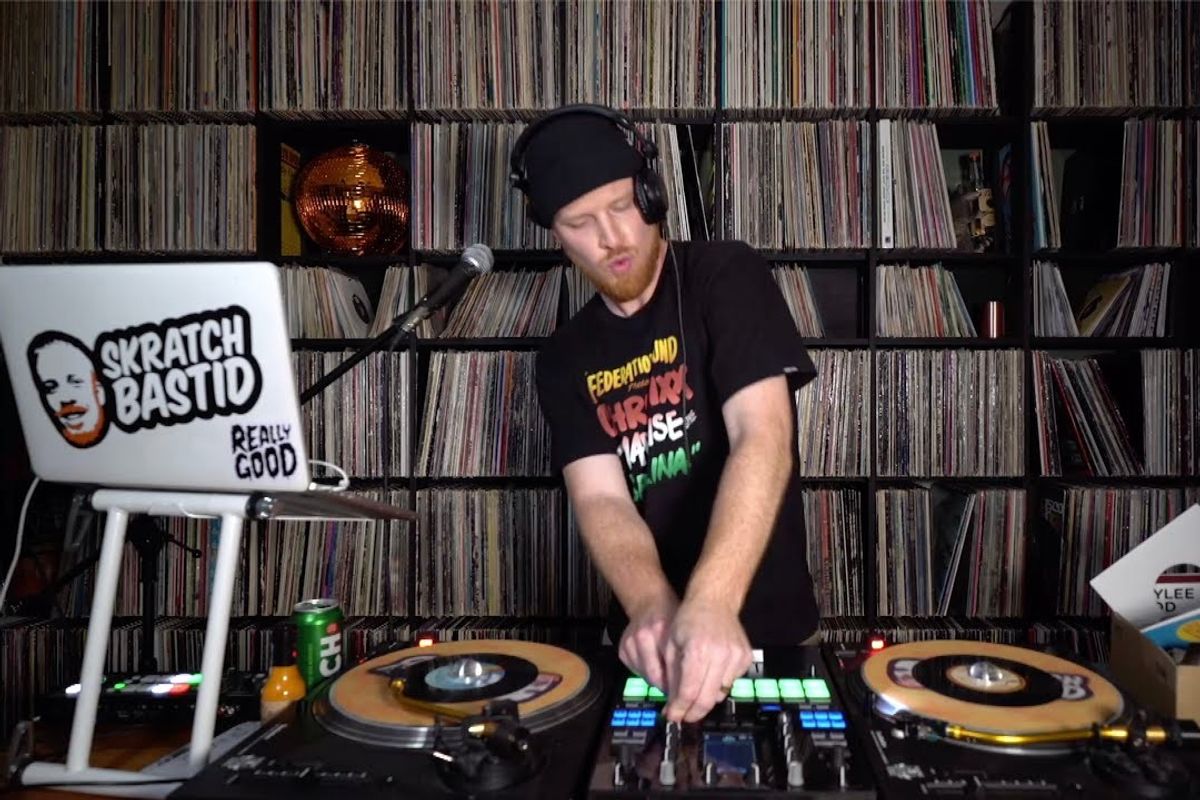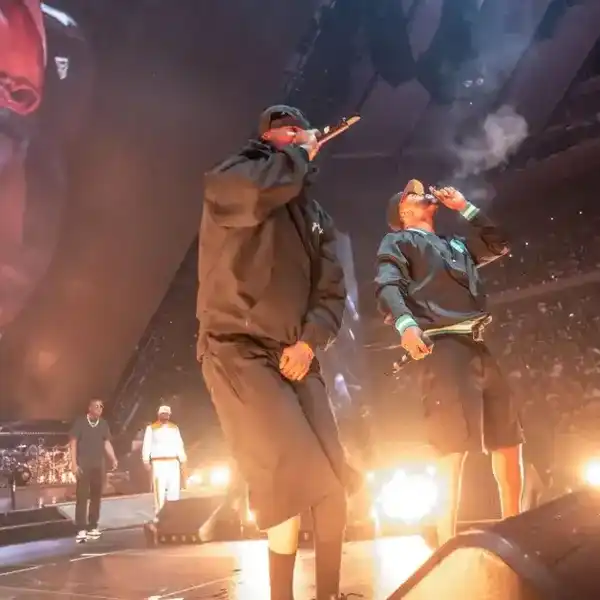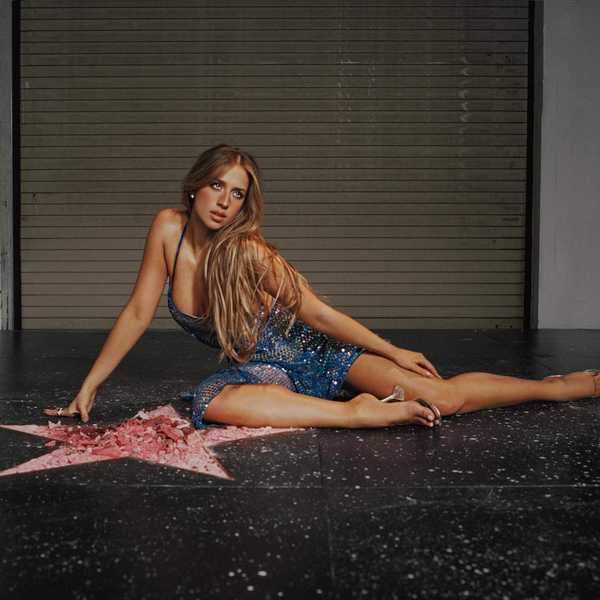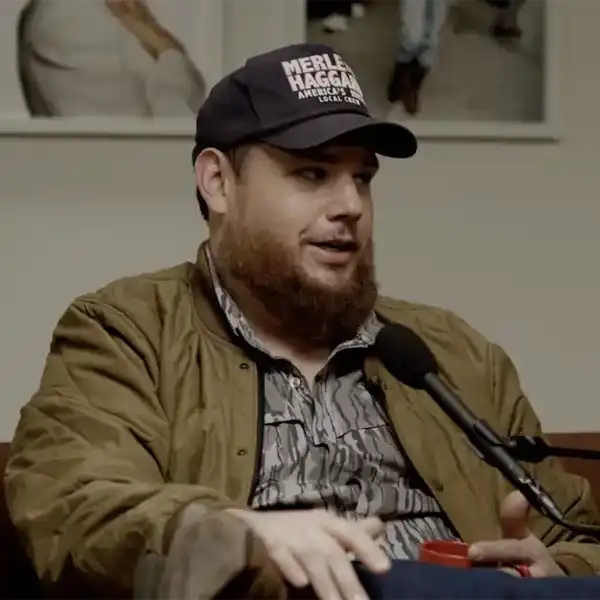Toronto Musicians Raise Concerns About The City's Noise Bylaw
With the final day to provide feedback inching closer for a review that could lower the volume, some stakeholders are voicing the importance of live music.

Skratch Bastid, one of the proponents of a collective called Sounds of the City
Toronto is considering lowering the volume of music in the city. Some in the music industry are speaking up and urging others to voice their concerns.
The city is reviewing its municipal noise bylaw, which could reduce noise levels for both outdoor and indoor music. Last amended in 2019, the current noise bylaw allows for a maximum of 85 DbA (a measure of decibels adjusted to human hearing) when measured 20 metres from the source of amplified sound. The 2023 review of the bylaw, however, suggests lowering indoor noise by 5 decibels and 10 outdoors.
That could have a major impact on music in Toronto, say opponents of the proposed noise bylaw. DJ Skratch Bastid and nightlife historian The Flyer Vault spoke out in a video sharing the negative impact this proposal could have on the community, pointing to an advocacy program called Sounds of the City Collective. They urge people who play or go to concerts to make their voices heard.
“We need to let them know how much live music means to us as artists, fans, promoters, employees and members of the music community in GTA and abroad,” Skratch Bastid says on Instagram.
A spokesperson from the city of Toronto says music will be taken into account.
“Any recommendations made as part of the 2023 Implementation Review of the Noise Bylaw will recognize that live music is a critical component of the City’s culture and vibrancy, and that certain levels of noise are reasonable and reflect life in Toronto,” they tell Billboard Canada.
In September, the city’s Municipal Licensing & Standards (MLS) held two public consultations to address amplified sounds, which include bars, indoor and outdoor events. They provided attendees with suggestions based on data collected from public opinion surveys and 311 noise complaints. Oct. 15 is the final day for residents to provide feedback before the finalized report is submitted to the Economic and Community Development Committee in November.
Other possible changes suggested by MLS include impacting access to permits, requiring “high-impact” events to provide explanations for exemptions and a noise mitigation plan. Those would be separated from “low-impact” permits, defined by the number of attendees, equipment, length and location.
In 2015, the Toronto Music Advisory Committee (TMAC) made a report with recommendations to amend the bylaw. The current limit is “unreasonably low and makes it very difficult for outdoor event organizers to create successful events and festivals,” they wrote. According to Sounds of the City’s site, 85 dBA is roughly equivalent to loud traffic or a busy restaurant.
“Enforcement of current bylaws is inconsistent and unfair,” TMAC wrote. The new restriction could put a dent on music, which the committee says plays “a vital role across the city in transcending cultural differences, promoting public celebrations, and fostering vibrant communities.”
During the city’s 2019 noise bylaw review, decibel levels for amplified sound were introduced to provide a more objective measurement.
“This replaced the more subjective language in the pre-2019 bylaw that had prohibited amplified sound if it was “clearly audible” from the property line of the business,” writes the city spokesperson. “Adding more quantifiable standards in the noise bylaw by setting out specific decibel levels was supported by the music industry and in TMAC’s 2019 submission.”
The suggested reduction, however, would limit noise in residential and commercial areas. Sounds of the City is pushing for residents to reach out to MLS and Deputy Mayor Ausma Malik with a specific message.
“While it's essential to ensure that residents aren't unduly disturbed by noise, it's equally crucial to strike a balance that allows for the city's musical heartbeat to thrive. A one-size-fits-all approach may not be the best solution, especially in a city as diverse and dynamic as Toronto,” they state in an email template for residents to share.
In the meantime, for those looking to make noise in Toronto, there are always exceptions to the rule.
“If an event is planning to exceed the decibel limits in the noise bylaw, they may apply for a noise exemption permit,” the city spokesperson writes.

















